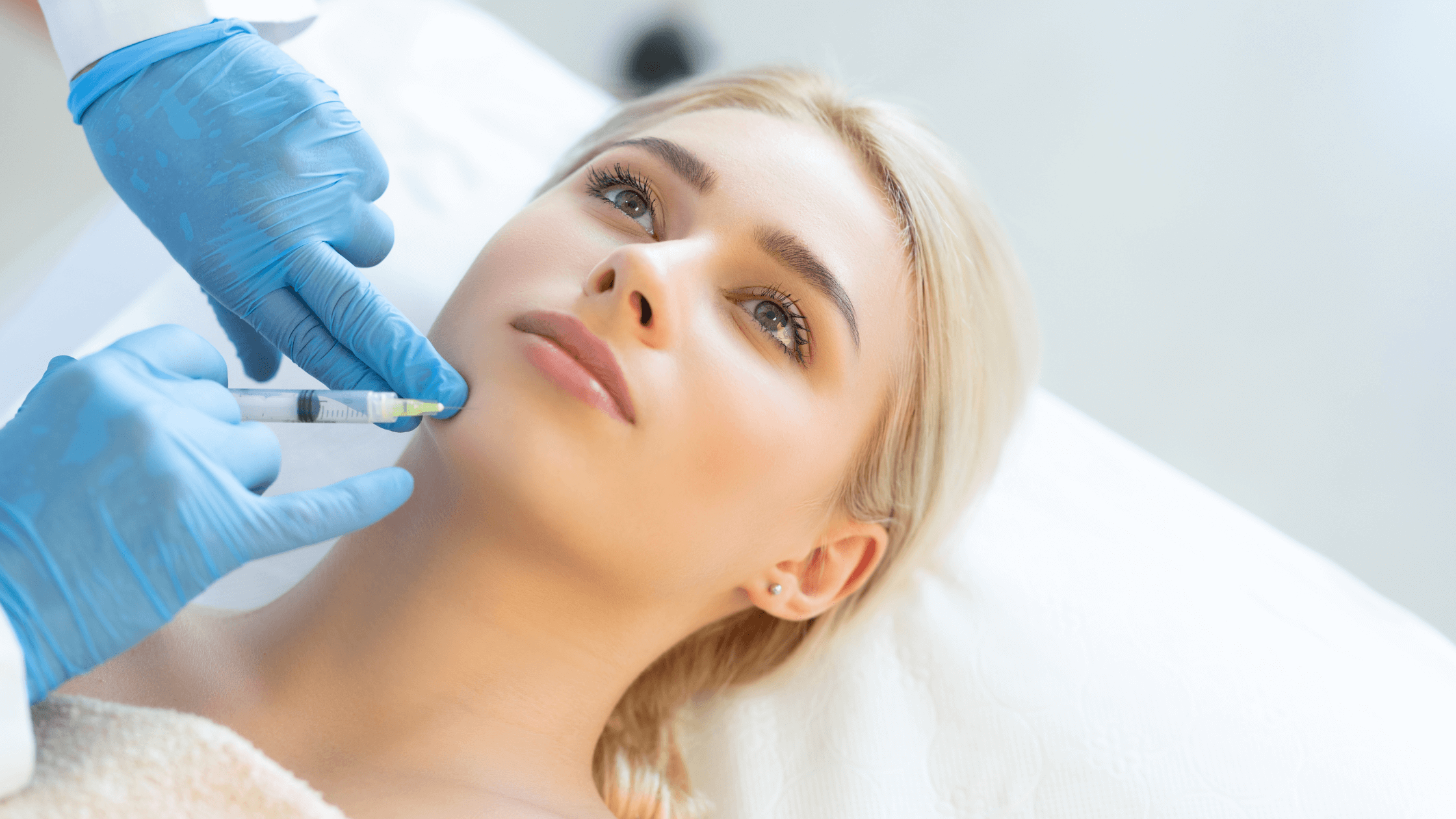
Caroline Hedges

Waking up every morning with your head pounding, your teeth aching, and the mirror reflecting a tired face from a restless night?
Teeth grinding, unbeknownst to you, might be the hidden culprit. If you’ve ever cringed at the sound of nails on a chalkboard, that’s almost the same way your teeth feel when you’re grinding them — even if you’re not consciously aware of it!
But before you start panicking about skyrocketing dentist bills or those incessant headaches, there’s something you should know: BOTOX might just be the hero you never knew you needed!
Why Do We Grind Our Teeth?
Teeth grinding — or bruxism — is often more than just a fleeting, nighttime habit. It can be the body’s response to various underlying causes. Stress and anxiety, for instance, are common culprits behind this unconscious habit. As our minds race with worries or tension, our bodies manifest this stress by clenching our jaws or grinding our teeth.
Certain sleep-related disorders, such as sleep apnea, can prompt episodes of teeth grinding during the night. Our oral structure also plays a role. Misaligned teeth or an abnormal bite can prompt the mouth to adjust its position, leading to teeth grinding.
What are the Consequences of Chronic Teeth Grinding?
Chronic teeth grinding is not a benign habit to be overlooked.
Over time, the repetitive motion and pressure can wear down the enamel of your teeth, particularly the molars, which bear the brunt of this action. This wear and tear not only changes the appearance of one’s smile but also makes the teeth more susceptible to decay, chips, and fractures.
The jaw joint, known as the temporomandibular joint, can suffer from chronic clenching and grinding. Individuals might experience pain, hear clicking sounds when they open or close their mouths, or even have difficulty moving their jaws. This condition, known as temporomandibular joint disorder (TMD), can be incredibly discomforting and disruptive.
As mentioned earlier, bruxism may lead to persistent headaches, especially in the morning. The constant strain and pressure on the facial muscles add to the discomfort radiating through the head. Over time, this constant muscle activity translates into facial changes, as the muscles become more pronounced from constant tension.
What are the Multifaceted Uses of BOTOX?
BOTOX, most commonly associated with anti-aging treatments and the reduction of fine lines, has evolved in its applications far beyond cosmetic procedures. The product is derived from the Clostridium botulinum bacterium, which, when purified and used in controlled amounts, has shown remarkable results in medical treatments.
From addressing chronic migraines and excessive sweating to relieving muscle spasticity and even certain bladder disorders, the potential uses of BOTOX spans across a range of medical and aesthetic uses.
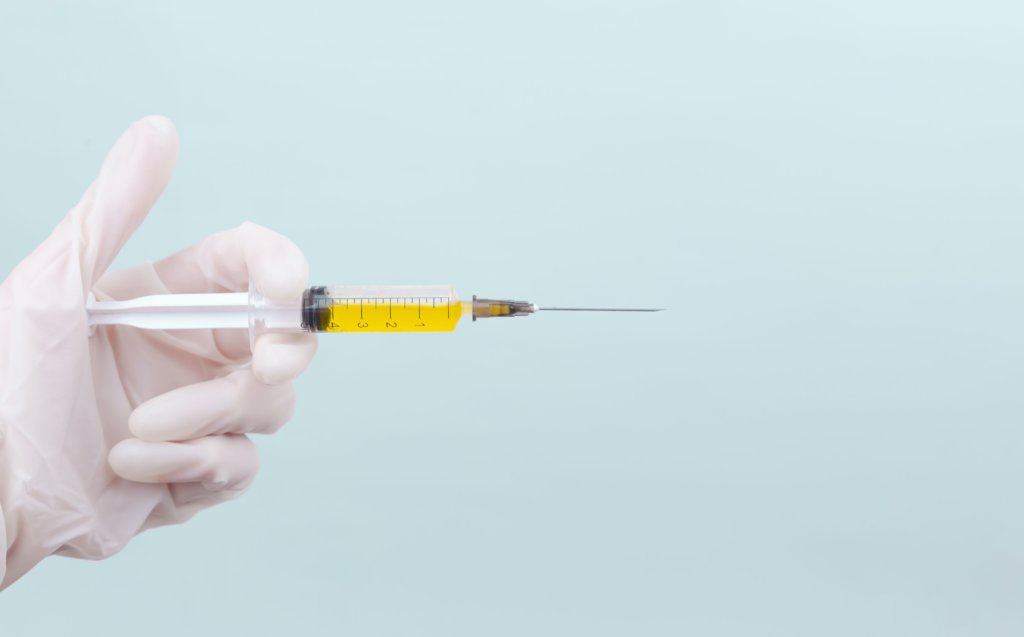
How Does BOTOX Affect Muscle Activity?
The primary function of BOTOX is to temporarily block nerve signals in the targeted muscles.
When these signals are blocked, the muscles’ activity is reduced, causing them to relax. This isn’t a permanent alteration; over time, nerve signals gradually return, and muscle activity resumes, which is why BOTOX treatments require periodic maintenance.
This precision-targeted approach ensures that only the specific muscles treated are affected, allowing the surrounding muscles to function as usual.
How Does BOTOX Address Teeth Grinding Issues?
Given its muscle-relaxing properties, it’s evident why patients consider BOTOX as a solution for teeth grinding.
Bruxism often arises from the overactivity of the masseter muscle, a primary muscle responsible for jaw clenching.
By administering the treatment into the masseter muscle, BOTOX reduces its hyperactivity without hindering its basic functions, such as chewing or speaking (Asutay et al.). This relaxation alleviates the tension that leads to grinding, potentially saving you from the negative repercussions associated with chronic bruxism.
What to Expect From BOTOX Treatment for Teeth Grinding
Embarking on a BOTOX treatment journey for teeth grinding is much simpler than you expect!
The procedure typically involves a few precise injections into the masseter muscle. The entire process usually takes no more than 15-20 minutes.
You will notice a reduction in your grinding and clenching habits within a week, with the full effects typically evident by the second week. Its effects can last anywhere from 3 to 6 months, which is why periodic treatments are necessary to maintain the desired results.
One significant advantage of BOTOX for teeth grinding is that it doesn’t hinder facial expressions. Only the targeted muscles are affected, ensuring that your smile, frown, or any other expression remain as genuine and vibrant as ever!
Ready to Say Goodbye to Teeth Grinding?
If you’re tired (literally) of waking up feeling less than refreshed or if you’re worried about the long-term damage to your teeth, it’s time to explore how BOTOX can help. Schedule a consultation with Dr. Chang to discuss if Botox could be the right solution for your teeth grinding woes.
Meet us at 19500 Sandridge Way, Suite 350, Leesburg, VA 20176, or call us at (703) 574-4342 for a complimentary consultation with Board-Certified Plastic Surgeon Dr. Phillip Chang before moving forward with your procedure! If everything matches up, our team will help you navigate the entire process from beginning to end. Also, remember to check out our blog and social media for more information on plastic surgery and plastic surgery trends!
References
- Asutay, Fatih, et al. “The Evaluation of the Clinical Effects of Botulinum Toxin on Nocturnal Bruxism.” Pain Research and Management, vol. 2017, 2017, pp. 1–5, https://doi.org/10.1155/2017/6264146 — Access date: 2 August 2023.
- Can Braces Help With TMJ? – Patuxent Orthodontics — Access date: 2 August 2023.
- Night Guards — Access date: 2 August 2023.
Let Us Help You!
Our office can provide you with helpful information, schedule a free consultation, and walk you through the many services and procedures we provide.
Contact Dr. Chang's Office:
More Articles For You
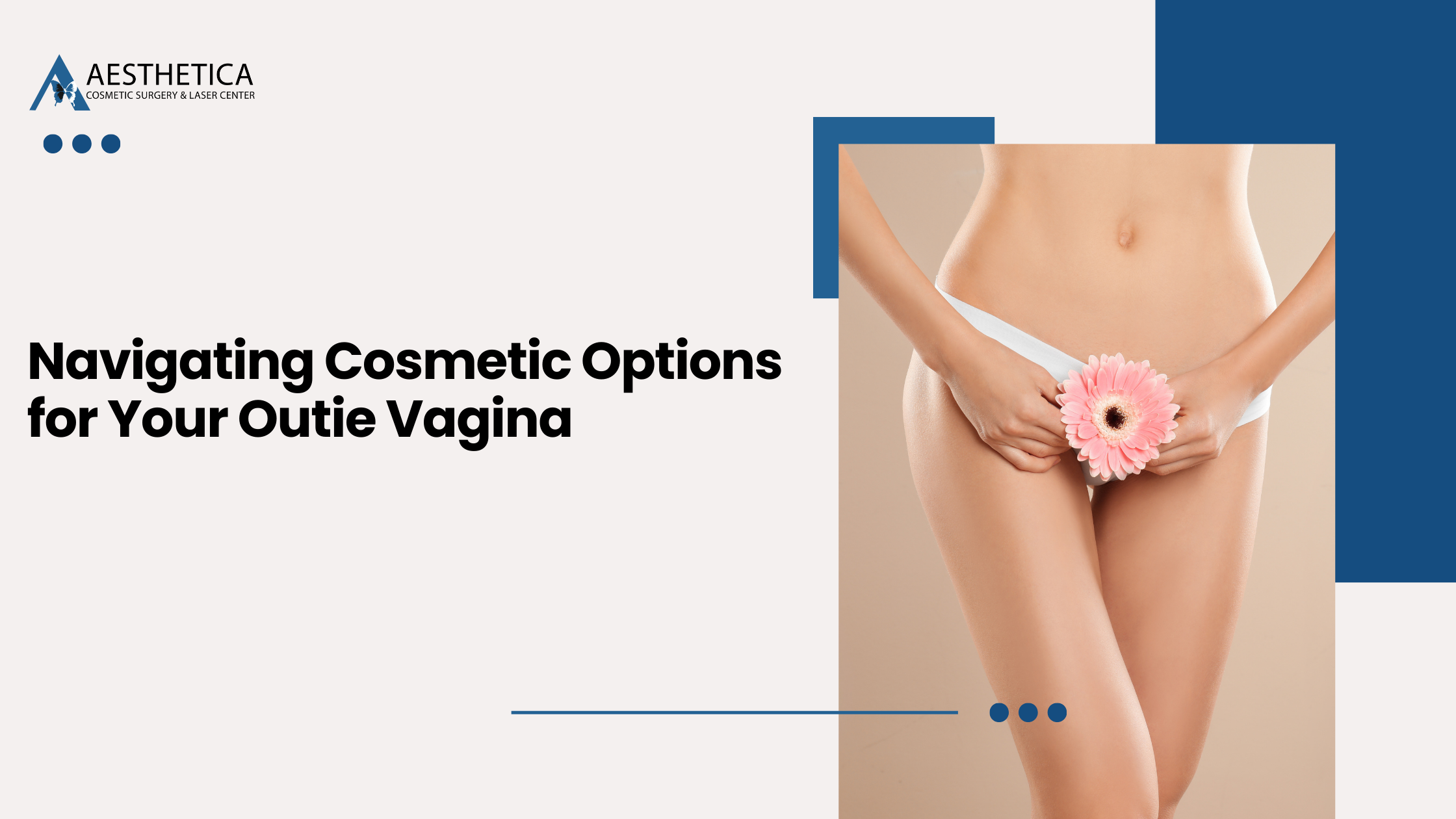
Navigating Cosmetic Options for Your Outie Vagina
Delving into the realm of personal aesthetics, especially concerning outie vaginas, involves exploring a variety
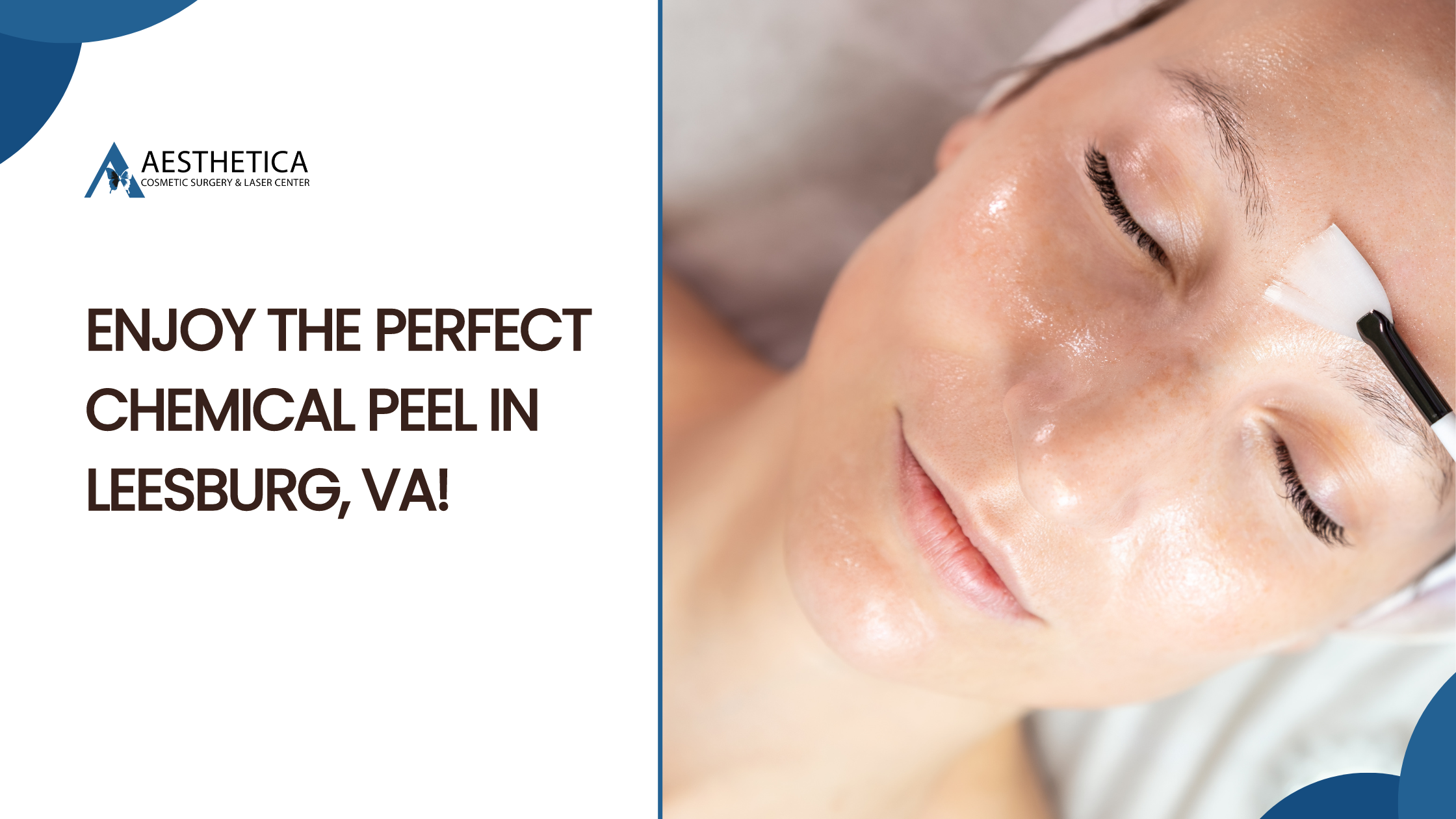
Enjoy the Perfect Chemical Peel in Leesburg, VA!
In the heart of Leesburg, VA, a transformative beauty experience awaits at Aesthetica, a premier

Find Your Glow: 7 Reasons Why Aesthetica Is the Best Microneedling Provider in Leesburg, VA!
In the quest for vibrant, youthful skin, microneedling has emerged as a cornerstone treatment, beloved
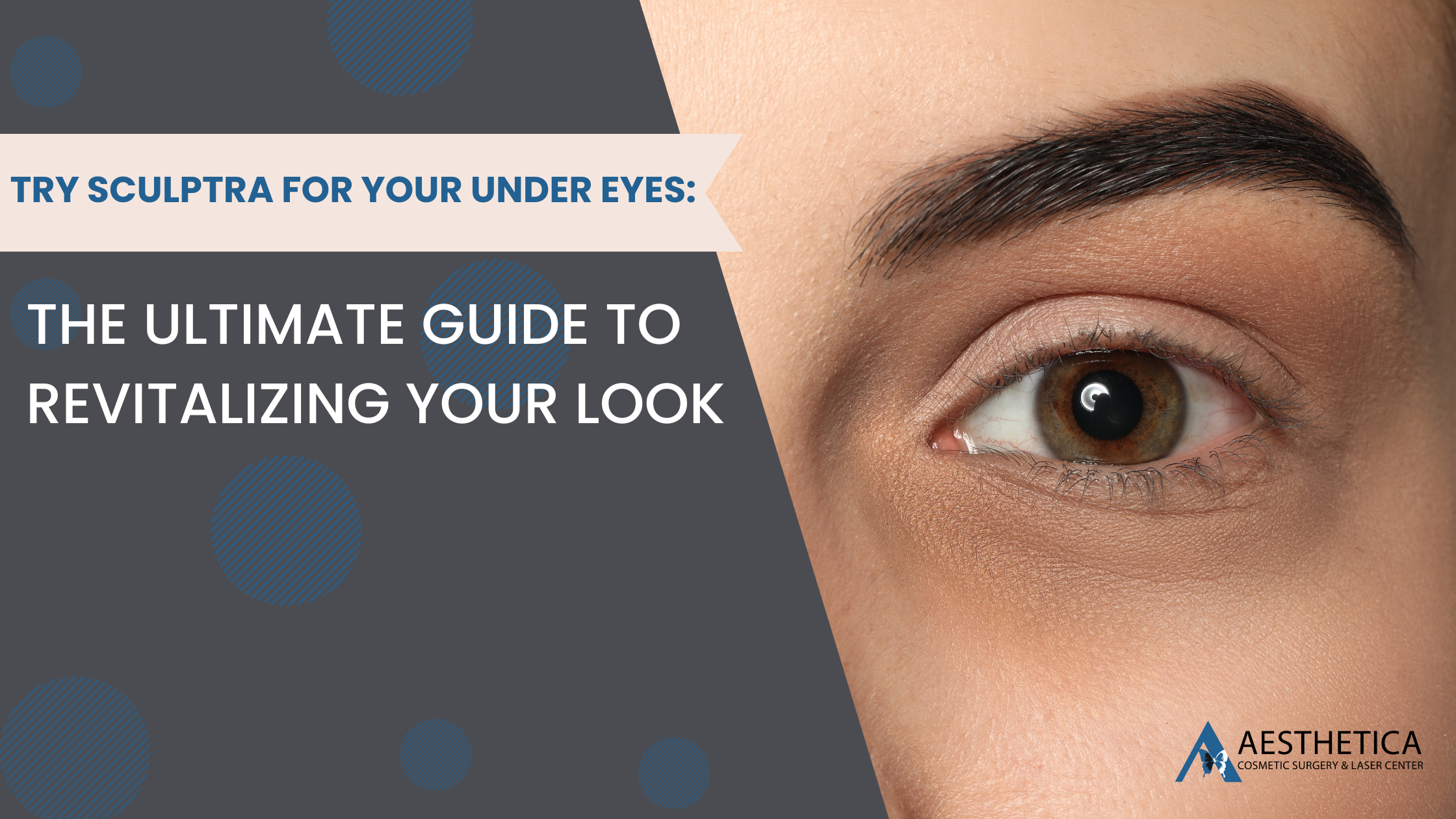
Try Sculptra for Your Under Eyes: The Ultimate Guide to Revitalizing Your Look
In aesthetic enhancements, Sculptra has emerged as a revolutionary treatment, especially for addressing concerns about
